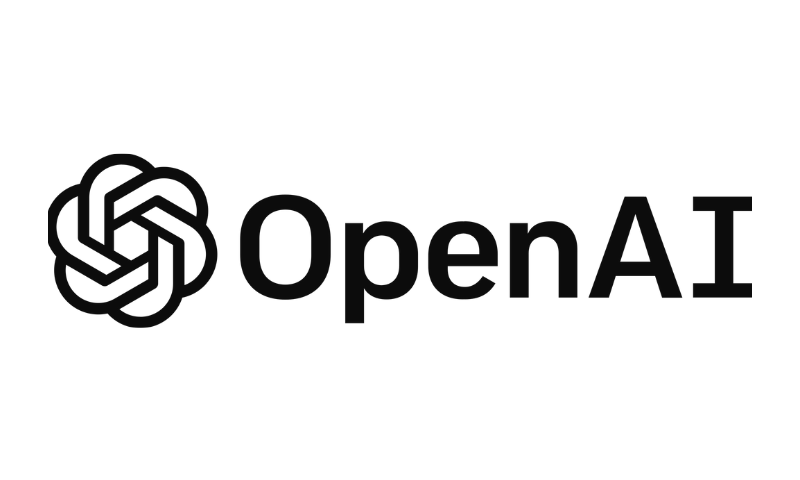Douglas Belkin
WSJ, Jan. 25, 2023
“It really seems to change the nature of knowledge production itself.”
Last month a professor at Weber State University in Utah asked a new artificial-intelligence chatbot to write a tweet in his voice.
Within a few minutes the application, called ChatGPT, had spit out a dozen messages that captured Alex Lawrence’s tone and personality. His first reaction: “Holy Cow!” His second: “This is the greatest cheating tool ever invented.”
His response reflects a dilemma that the powerful AI tool creates for educators: Should they ban ChatGPT or build on it? Whichever path they take, some teachers say they are scrambling to update curriculum, launch new learning guidelines and deploy tactics that stymie cheating and make sure students learn to think for themselves.
Dr. Lawrence decided to change the curriculum in his sales-technology courses to allow students to use a suite of artificial-intelligence tools to complete their assignments. He is hoping that embracing the technology will stave off what he thinks is inevitable cheating and impart the tech skills students will need to succeed in the labor market. “I hope to inspire and educate you enough that you will want to learn how to leverage these tools, not just to learn to cheat better,” Prof. Lawrence wrote to his students this month.
ChatGPT, which uses machine-learning algorithms to produce human-sounding prose, launched on Nov. 30. It is free to use and can deliver a written answer on virtually any subject from nearly any perspective in just 15 seconds. In December it passed all three parts of the U.S. Medical Licensing Examination as part of a research experiment. .… [To read the full article, click here]


